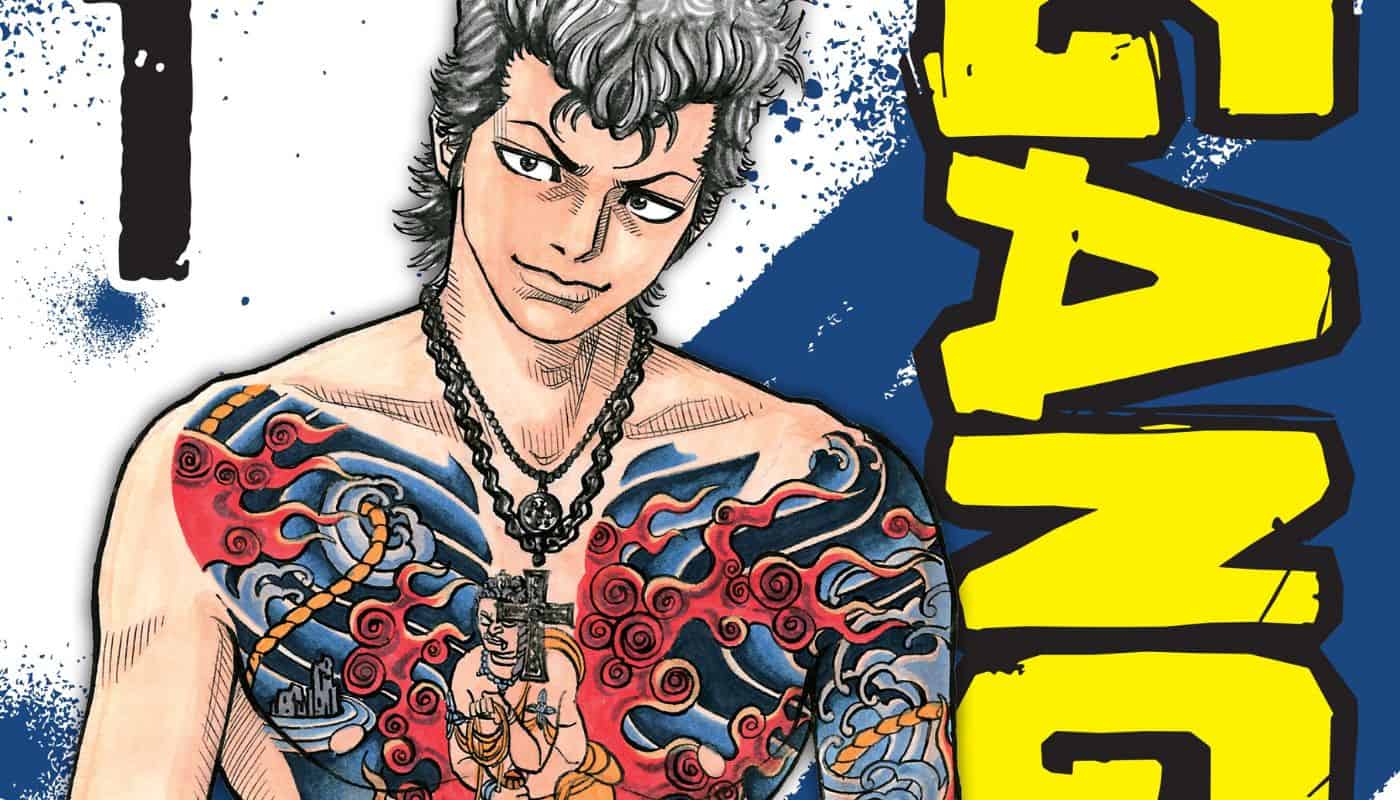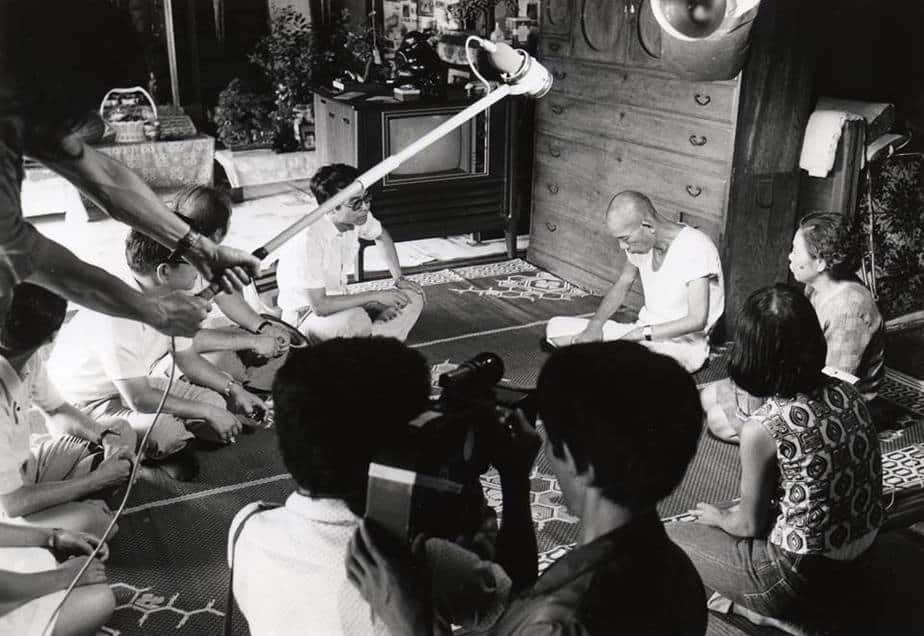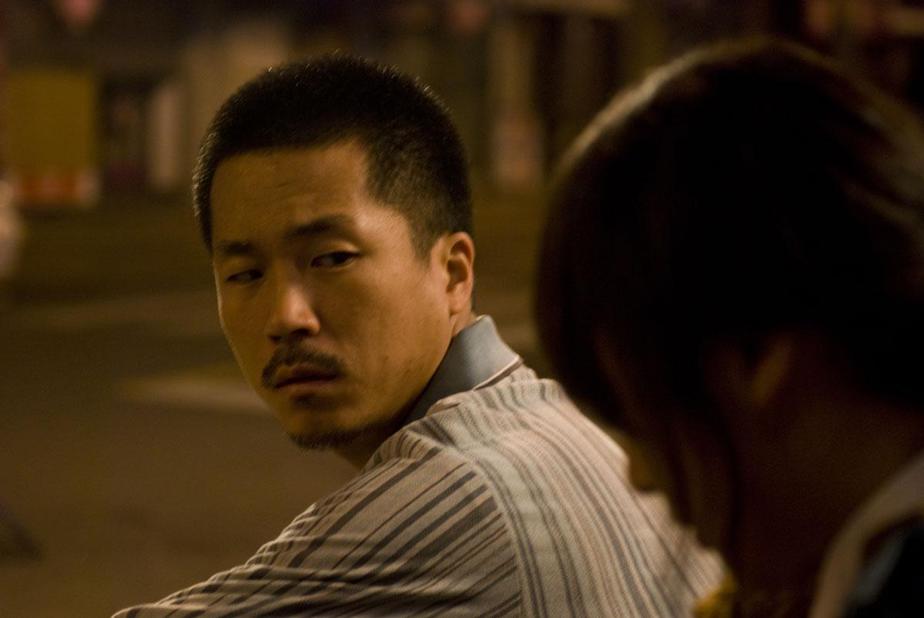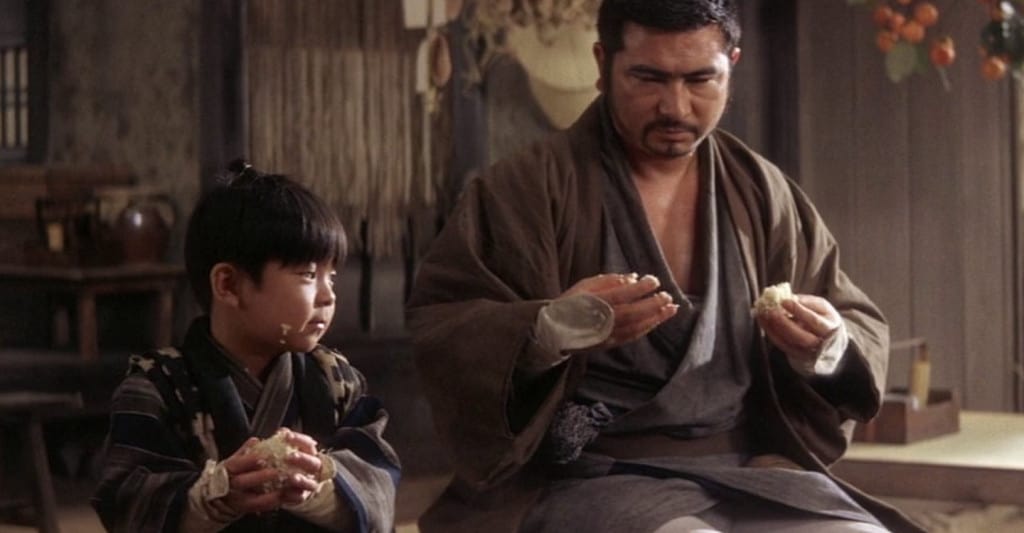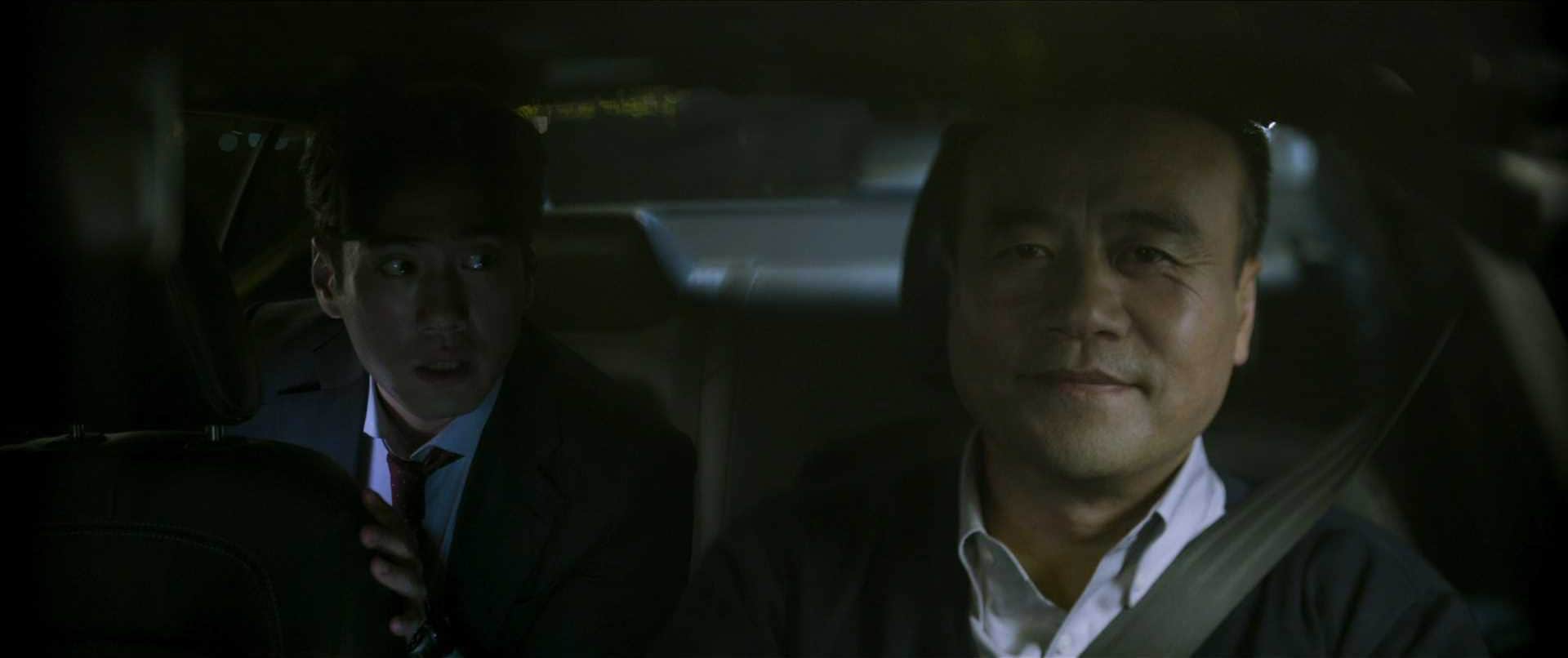Second directorial work of actor Peter Ho, after the Golden Bell awarded “Age of Rebellion”, “Who's by Your Side” is an effort to combine family (melo)drama with some thriller/horror elements, in the new series of HBO Asia.
The review is based on the first three episodes of the series.
After a rather brutal intro that looks like part of a distinct horror movie, the series sets up on its main arc, focusing on Zhi-Sheng, a low-esteemed, debt-ridden, alcoholic car mechanic, and Yong-Jie, his kind, optimistic wife, who holds two jobs to make their common ends meet. Their marriage is obviously in shambles, with Yong-Jie's step sister, Yong-Qi, constantly asking her to take a divorce, something, however, that the former will not even consider. At the same time, Zhi-Sheng becomes more and more indebted, while Yong-Jie is soon revealed to suffer from some sort of psychiatric issue, which eventually leads to a horrible accident in the supermarket she works at. The event leads her to the hospital, and a young colleague who looked up to her, ends up with extensive burns on her face. Right about then, Zhi-Sheng decides to show his better self, but unfortunately, tragedy soon hits in the most shocking fashion. Yong-Qi confronts Zhi-Sheng about his behaviour over the years, and he reveals the he was suspecting his wife for cheating him, in a revelation that forces her to look at her long-repressed insecurities about her own supposedly perfect marriage to Hao-Yuan, who comes from a wealthy and respected family. At the same time, the issue with Zhi-Sheng and Yong-Jie's daughter is also revealed through flashbacks.
Peter Ho directs and pens a series that moves dangerously into soap opera/melodrama paths, but manages to salvage it through a number of smart moves. That something horrific is happening in the background, and occasionally emerges through the dramatic base of the series is the most obvious one, starting with the initial scene and continuing to a number of really bloody ones, that stand out due to their overall aesthetics. The second is the sense of mystery which, again, permeates the narrative, and is intensified by the way Ho presents the flashbacks that show how the main couple reached that point in their marriage, in an approach that gives as many answers as the questions it raises, thus retaining a sense of agony.
The third element that moves the series much above the standard TV-drama is the casting, and subsequently, the acting, with the main duo in particular being quite impressive in their portrayal of their characters. In that fashion, Kaiser Chuang portrays the self-destructive loser that Zhi-Sheng is excellently, if a bit excessively on occasion, with the persona of the good guy who cannot handle life being rather convincingly presented. Vivian Hsu is equally great as the archetypal victim, while the scenes when terror takes her over are the highlights of her performance along the one on the hospital terrace, which also showcases Ning Chang's prowess as Yong-Qi. The latter, although in a secondary role, shines through the portrayal of a woman who exhibits a facade of strength but is also suffering from familial issues, while the slapping scene is her highlight.
The last element is the combination of set design and overall cinematography which is particularly impressive, with the horror/violence scenes standing out. On the other hand, the lighting is intense on occasion, with a number of sequences that look too bright, an element that points towards TV aesthetics.
“Who's By Your Side” does not move completely away from the TV-drama aesthetics, but there are enough elements here that deem it a series on a much higher standard than the usual television programs.




